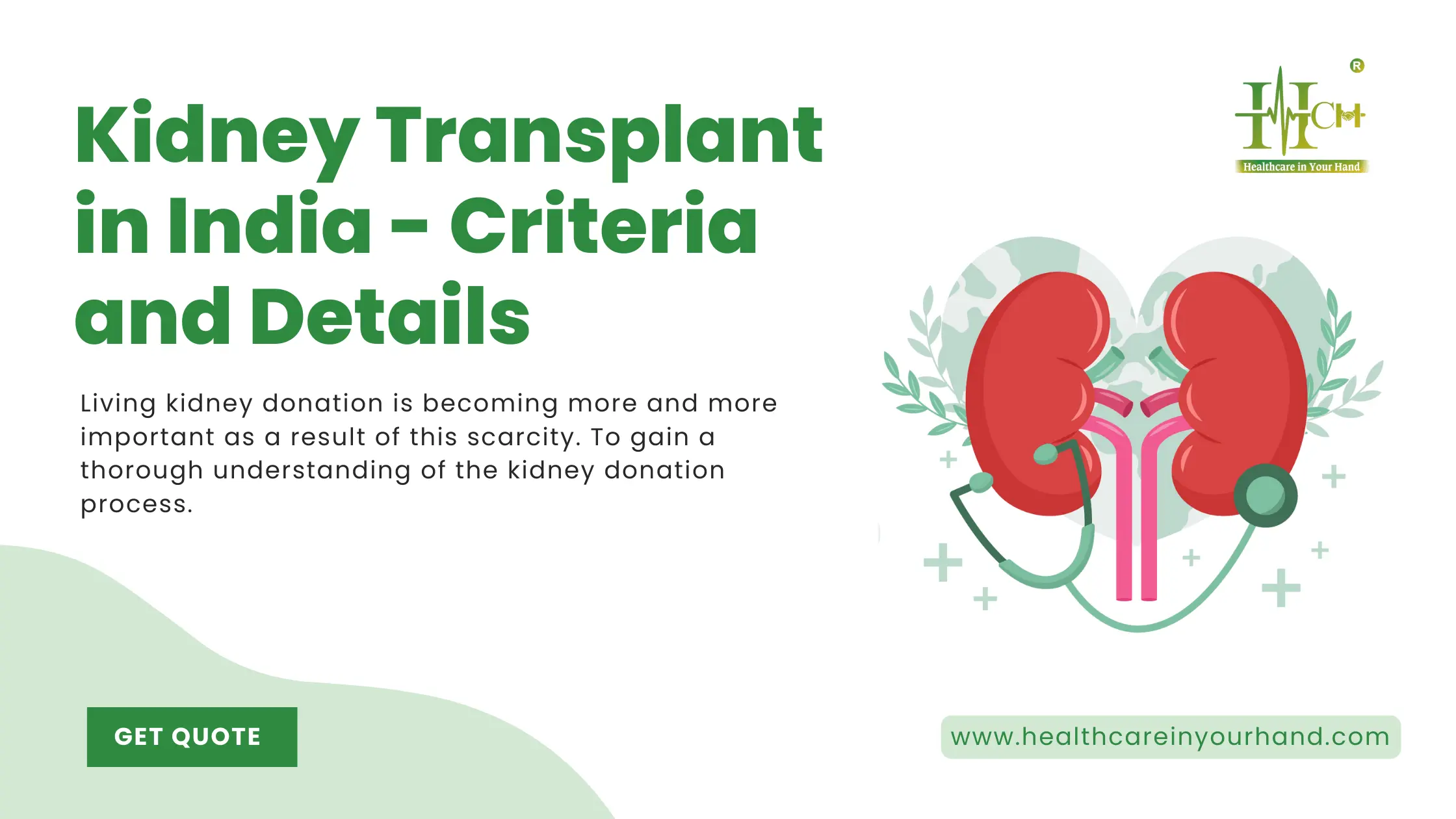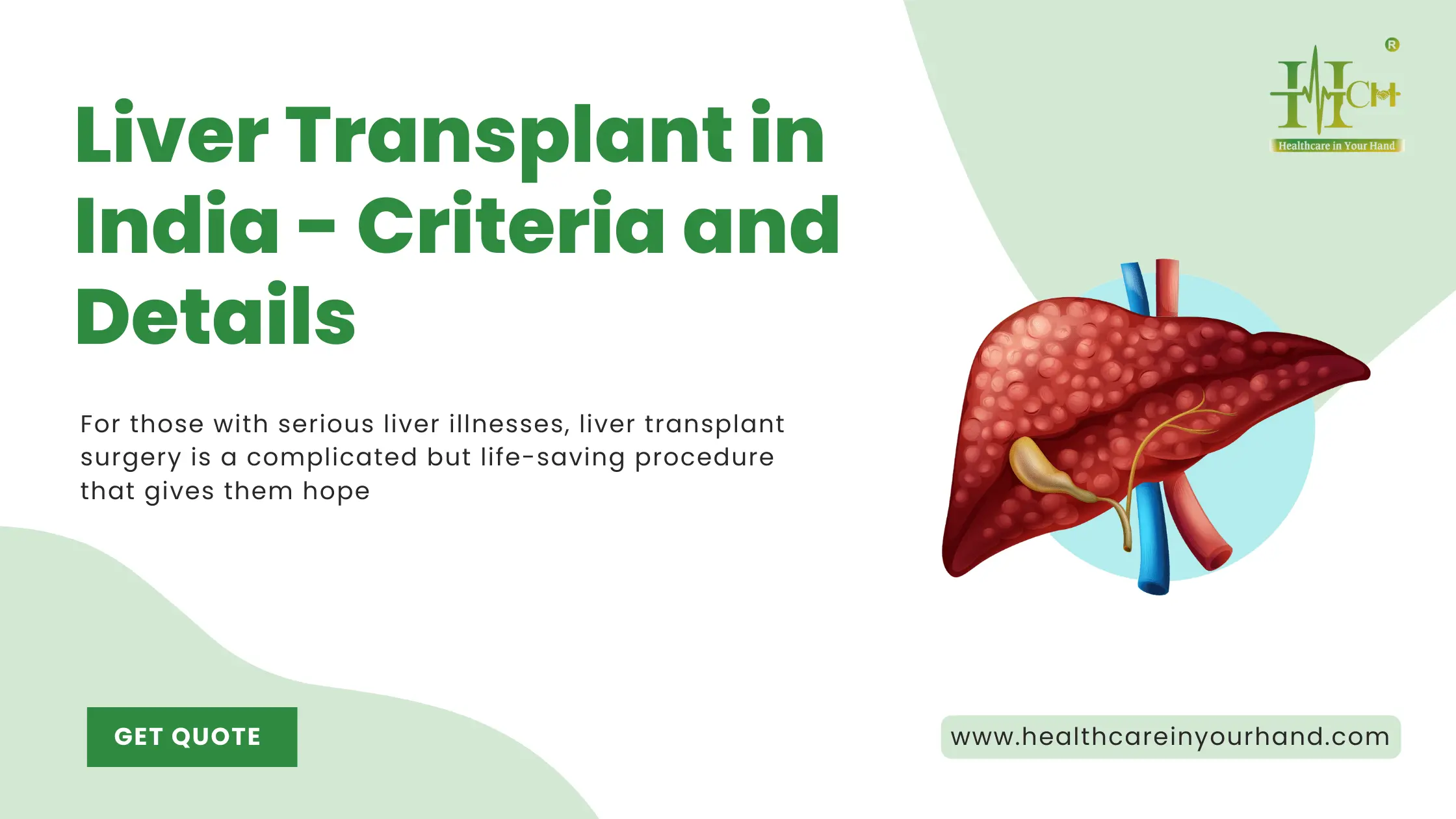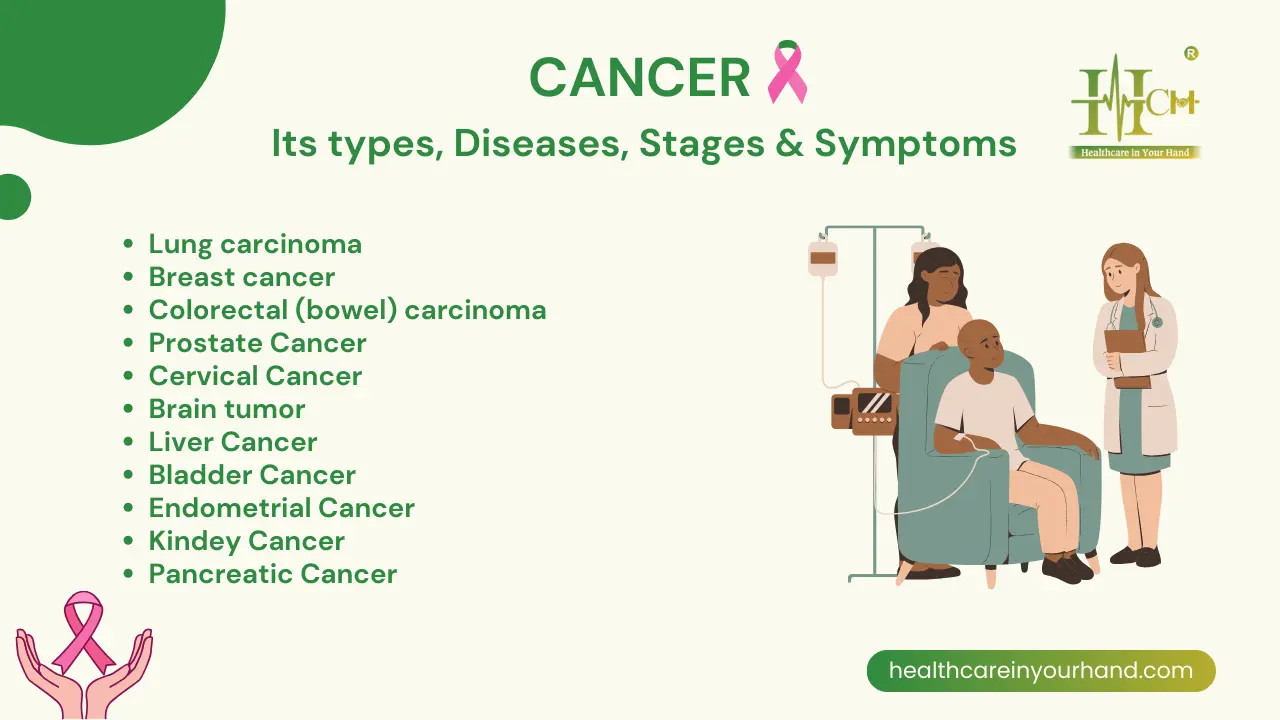How to boost your immune system
- 04 Apr, 2023
- 613
- Medical tourism
Your body's inherent defense against infection is
your immune system. To maintain happiness and health, it is crucial for both
the individual and the general public to keep it in excellent condition. Your
immune system works arduously to keep you healthy, from preventing the entry of
pathogens into your body to treating cuts and bruises. Your body is shielded
from bacteria, viruses, toxins, and other intruders by a complex system of
organs, cells, proteins, and chemicals. The immune system will activate an immune
reaction when it detects these invaders to defend your body from harmful
substances. Your immune system builds antibodies in response to learning about
the pathogens you have encountered. These antibodies can shield your body from
the same germs in the future, reducing your risk of illness or resulting in
reduced symptoms if you do.
Your immune system may initiate an unnecessary
attack when no germs are present or fail to halt an attack after the invaders
have been defeated if it is not functioning properly. Examples of how these
unwelcome assaults can affect the body include autoimmune diseases, allergies,
and their associated symptoms.
Your immune system is divided into two
components: the innate immune system, which is present at birth, and the adaptive
immune system, which matures as your body is subjected to various substances.
Adenoids, antibodies, bone marrow, lymph nodes, lymphatic arteries, mucus
membranes, Peyer patches, skin, spleen, tonsils, and white blood cells are just
a few of the various organs, cells, and proteins that make up these two immune
systems components.
People with weakened immune systems are more
likely to experience numerous infections and more severe viral and bacterial
diseases, which can have negative impacts. If you seem to be getting sick
frequently, such as catching a cold or flu frequently, seek medical care. The
best method to boost immunity is to take good care of your body and mind. Your
body will operate more efficiently the stronger your defense system is.
Sign of Strong Immune System: Everyone has a different experience
with their body and general health, but there are some indicators that can help
separate those with a robust immune system from others. Strong immune systems
are associated with less fatigue, quicker recovery from sickness or injury,
and better gut health.
Signs of a weakened immune system: People who are at risk for having a
weakened immune system are frequently elderly or have chronic illnesses like
cancer, diabetes, or heart disease. These individuals may have compromised
immune systems, which means their bodies don't do a good job of fighting off
foreign microbes. Anaemia, autoimmune diseases, and increased infection rates
are all more prevalent in people with weakened immune systems. People who are
malnourished and live in destitution are more susceptible to infectious
diseases, according to science. Studies on how nutrition affects the immune
systems of people are still in their infancy, but there is some indication that
certain micronutrient deficiencies, such as those in zinc, selenium, iron,
copper, folic acid, and vitamins A, B6, C, and E, affect immune responses.
Healthy immune system fighters require wholesome,
consistent nutrition. Here are some easy lifestyle and dietary adjustments you
can make to boost your immune system right away and safeguard your health:
1- Don't
skip breakfast-Lack of a
nutritious meal lowers blood sugar levels and increases stress levels. This lowers your immunity by putting your body in a condition of flight or fight.
2. Heal your gut: Studies indicate that having more bad bacteria
than healthy bacteria weakens your immune system. Your immunity is impacted by
digestive conditions like dyspepsia, acid reflux, and leaky intestine.
3. Include more zinc in your diet: Zinc is a wonder element that is
present in all your cells and is essential for normal cell growth and function.
Your body's thousands of proteins interact with zinc, which also plays a role
in about 300 distinct enzyme reactions. It enhances gut health, blood clotting,
eyesight, smell, and thyroid function as well as wound recovery.
4. Get a good night's sleep: During slumber, your body renews and
repairs cells. Your defense is lowered and this process is impacted by poor
sleep habits.
5. Indulge in a Cup of Tea: The amount of your body's protective
antioxidants, or flavonoids, rises when you drink green or oolong tea. Tea's
antioxidants aid in defending your body against oxidative stress.
6- Get some sunshine: Vitamin D, which is primarily
produced by sunlight on your skin, is essential for numerous physiological
functions, including stopping the growth of cancer cells and promoting healthy
heart function.
7. Workout: White blood cells and antigens are altered by
exercise. (WBC). WBCs are the immune system's disease-fighting cells in the
organism. Exercise speeds up the circulation of these antibodies or WBCs, which
aids in the early diagnosis of diseases.
8. Give up smoking
Quitting smoking strengthens your immune system
by enhancing blood circulation, raising oxygen levels, and reducing
inflammation.
9- Give up drinking or do so in restraint
Foods to strengthen immunity
· Eating a balanced diet that contains
these minerals and foods with healthy fats:
· Foods like sweet potatoes, carrots,
mangoes, and cauliflower contain beta-carotene.
· Items high in vitamin C, such as
berries, tomatoes, bell peppers, and others
· Vitamin D, which is present in foods
like salmon, eggs, and milk
· Food sources of zinc include nuts,
legumes, meat, seafood, and shellfish.
· Dairy products and fermented meals
like sauerkraut and kimchi contain probiotics
· Animal products like milk, eggs,
meat, nuts, and lentils provide protein.
• Ginger: Ginger soothes sore throats quickly, reduces bodily
inflammation, and strengthens the immune system. It can be included in warm
stews, gravies, and teas.
· Garlic: This flavor enhancer
contains allicin, a sulfur substance that strengthens the immune system. It
has strong antibiotic properties and helps your liver perform cleansing
efficiently.
· Turmeric: A vital immunity booster,
turmeric is a common culinary spice. This energizing, bitter spice increases a
crucial protein that aids your immune system in warding off germs, viruses, and
fungi.
· Green Leafy veggies: In addition to
being very nutrient-dense and low in calories, dark leafy veggies like spinach,
kale, methi, mustard greens, and others are also high in antioxidants, beta
carotene, & the immunity-booster vitamin C.
· Mushrooms: Packed with selenium,
niacin, riboflavin, and vitamin D, the scrumptiously flavourfull mushrooms are
like an injection for your body's defences.
· Citrus Fruits: Most citrus fruits,
such as lemons & oranges, contain Vitamin C, which is regarded as nature's
immune system stimulant.
The foods you eat are the best method to give
your body the nutrients it requires and to strengthen immunity. You do not need
to include vitamins or supplements in your routine to maintain a healthy immune
system if you consume a balanced diet. However, if you are subject to dietary
restrictions due to your health, way of life, faith, or other factors, vitamins
and supplements may be able to fill in the gaps left by your diet. Iron, folic
acid, vitamins A, C, D, and E, as well as zinc, are vitamins that help maintain
a robust immune system. Speaking with your primary care physician is a great
spot to start if you suspect that you may have a compromised immune system or
are interested in learning more about what you can do to strengthen your immune
system.








